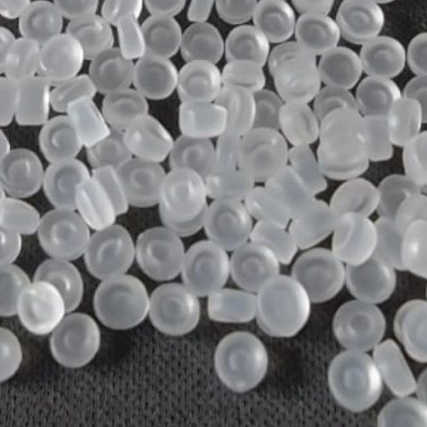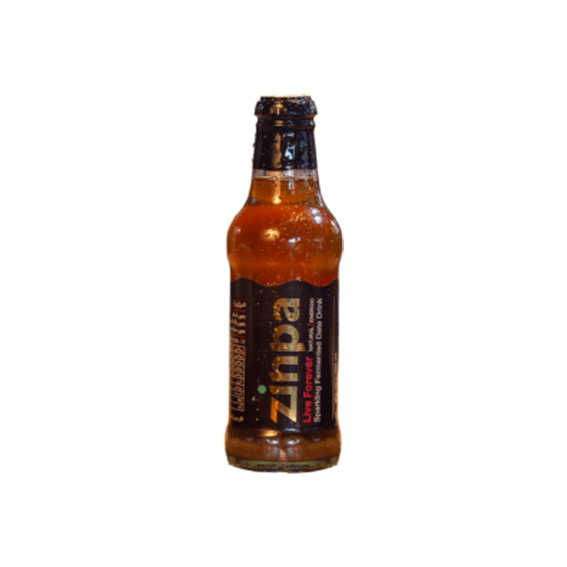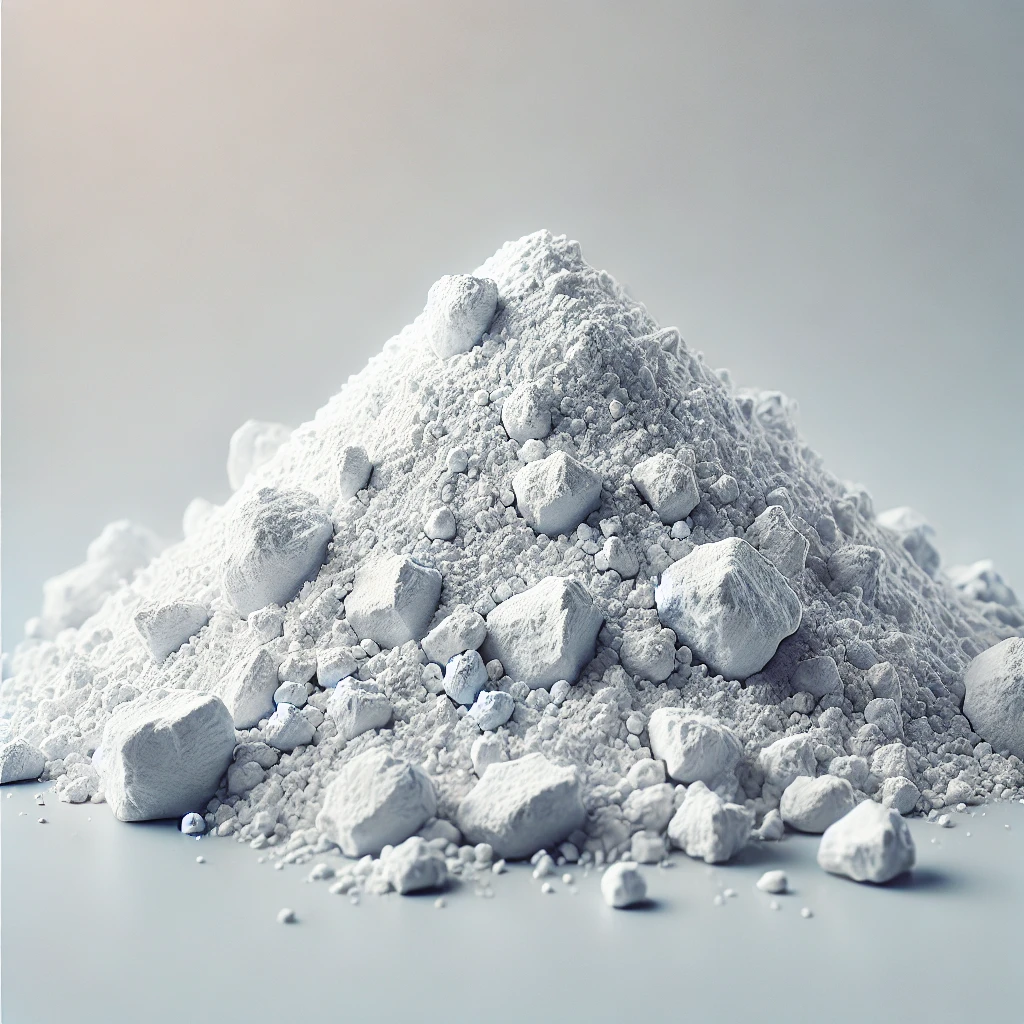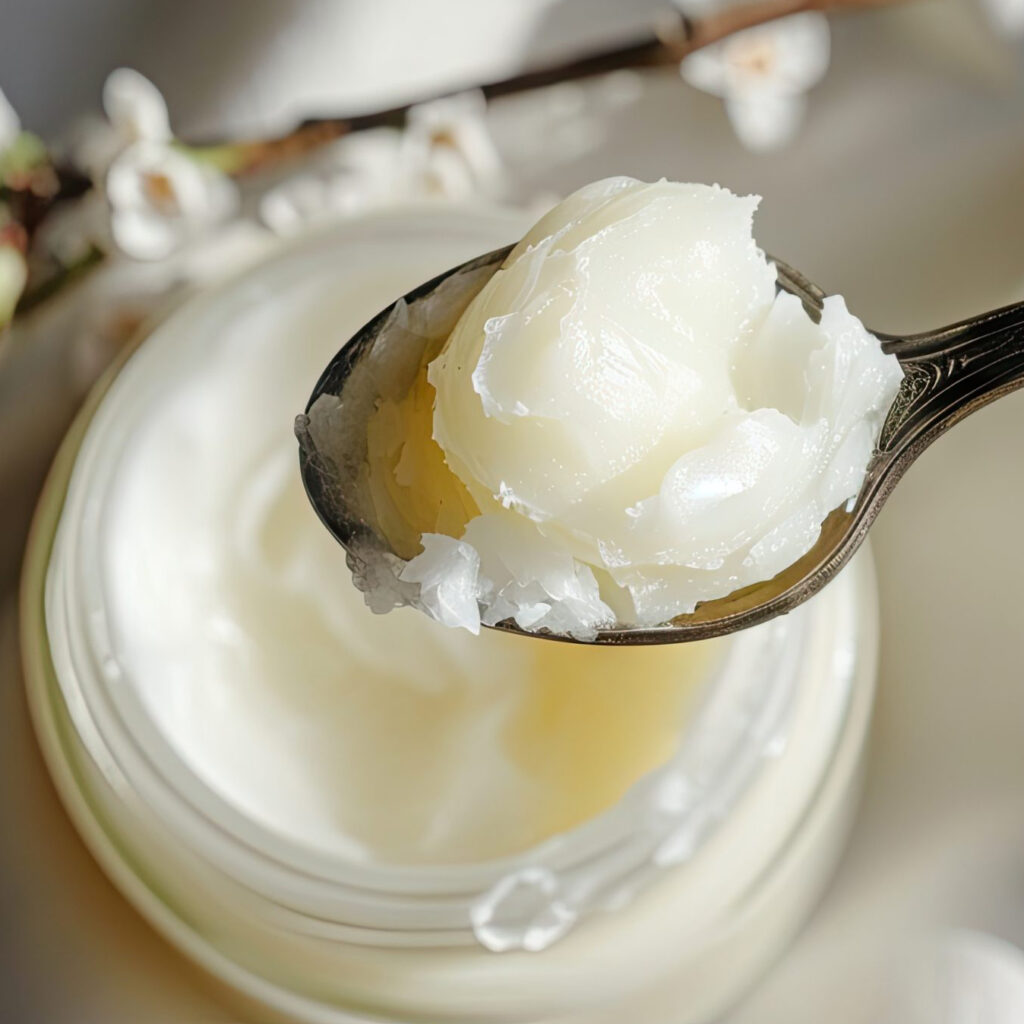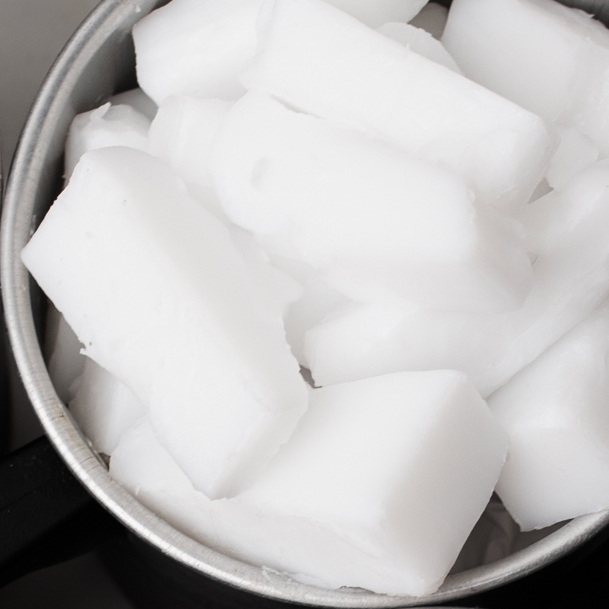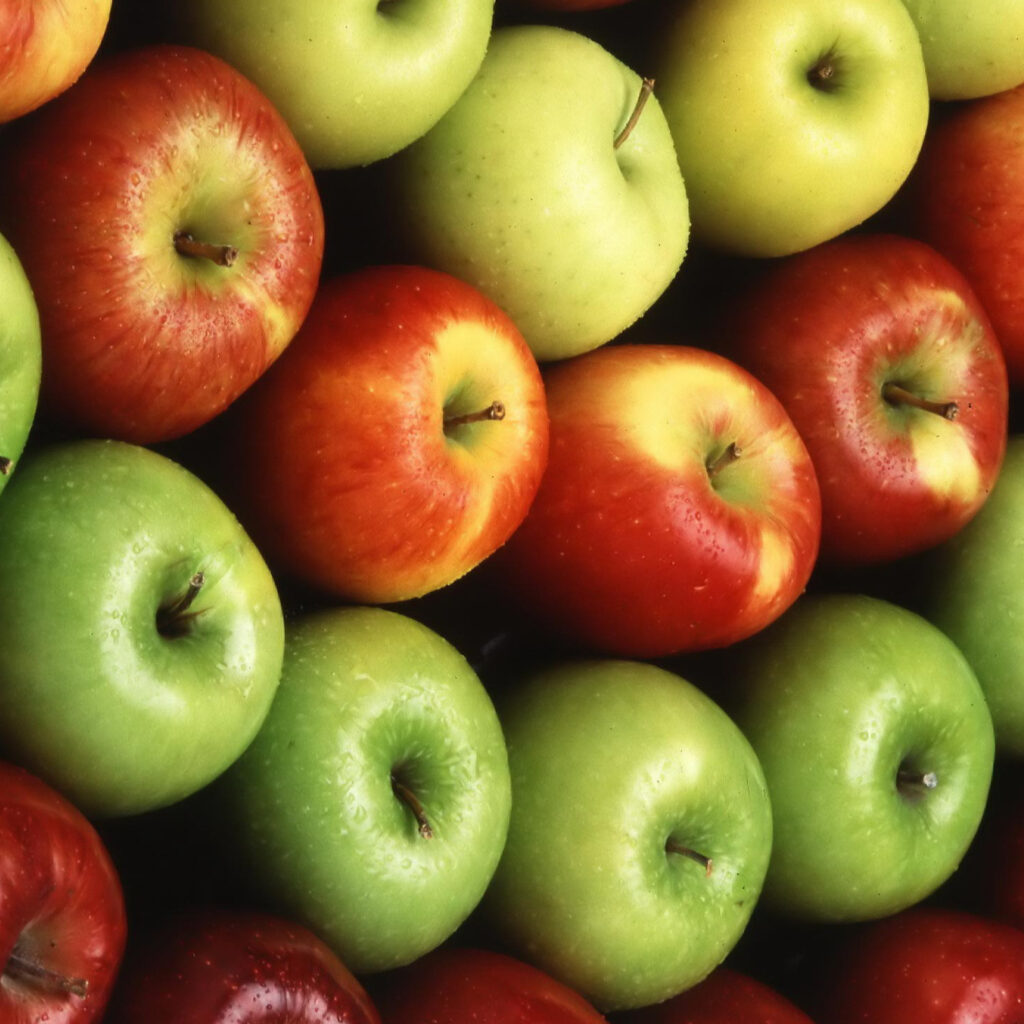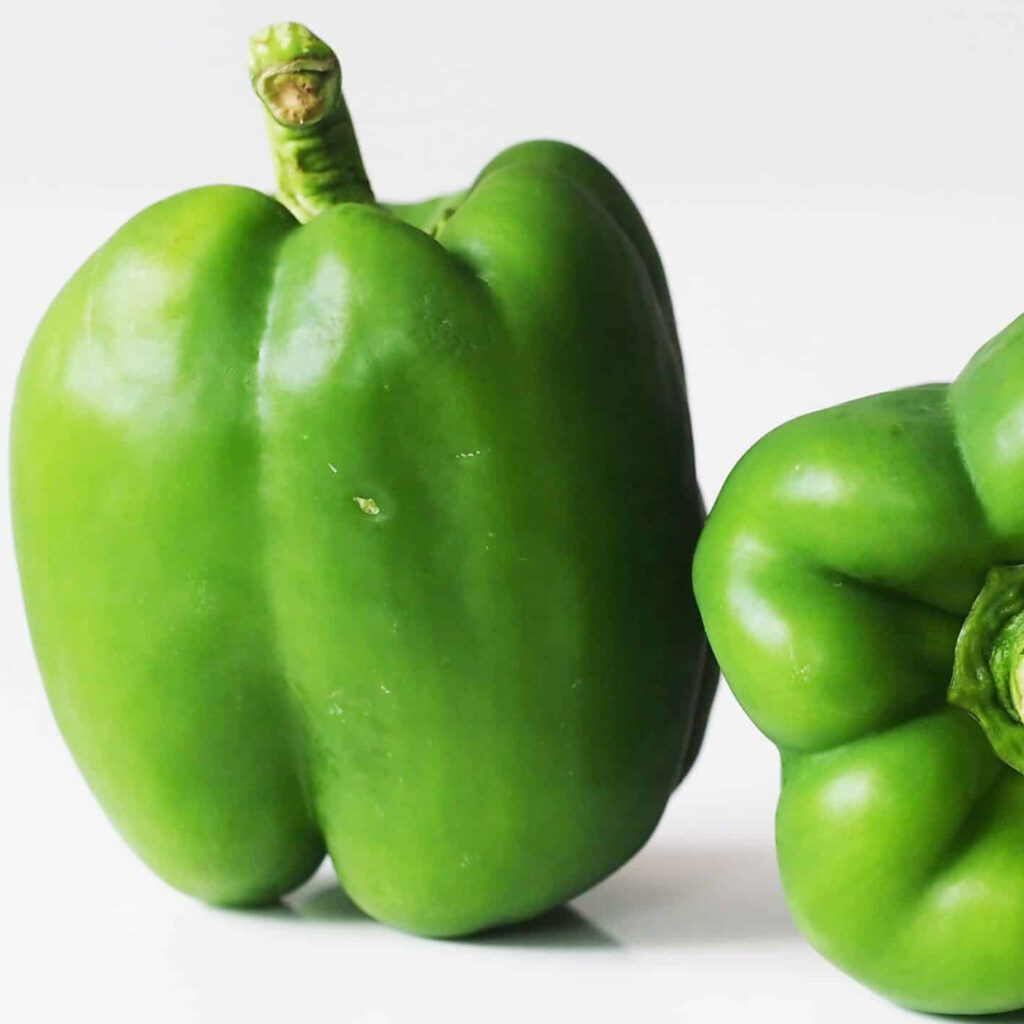Polystyrene (PS) is a synthetic polymer made from styrene monomers (C₈H₈). It is a widely used plastic that can come in both a rigid and foam form, making it versatile for many applications. Polystyrene is known for its clarity, rigidity, and insulation properties.
Types of Polystyrene:
1. General-Purpose Polystyrene (GPPS):
– Rigid and transparent.
– Often used in products like disposable cutlery, CD cases, and laboratory equipment.
– Can be brittle and prone to cracking.
2. High-Impact Polystyrene (HIPS):
– Tougher and more impact-resistant due to the inclusion of rubber.
– Used in products like refrigerator liners, food packaging, and electronic casings.
3. Expanded Polystyrene (EPS):
– Foam version of polystyrene, commonly known as Styrofoam.
– Lightweight and excellent for insulation.
– Used in packaging materials, disposable coffee cups, insulation panels, and cushioning for fragile items.
4. Extruded Polystyrene (XPS):
– Similar to EPS but produced through extrusion, giving it a denser structure.
– Primarily used for construction insulation and crafts.
Key Properties of Polystyrene:
– Lightweight: Especially in foam forms like EPS.
– Good Insulation: Used in thermal insulation and packaging.
– Clarity: General-purpose polystyrene can be clear and glass-like.
– Inexpensive: One of the more affordable plastics to produce.
– Brittle: Without modification, it can be easily cracked or broken under stress.
Common Applications:
– Packaging: Polystyrene foam (EPS) is widely used for packaging fragile items like electronics and food containers.
– Insulation: Both EPS and XPS are used in building insulation materials due to their excellent thermal properties.
– Disposable Products: Cups, plates, and cutlery are often made from polystyrene foam.
– Consumer Goods: Rigid polystyrene is found in items like CD/DVD cases, plastic model kits, and small appliance housings.

